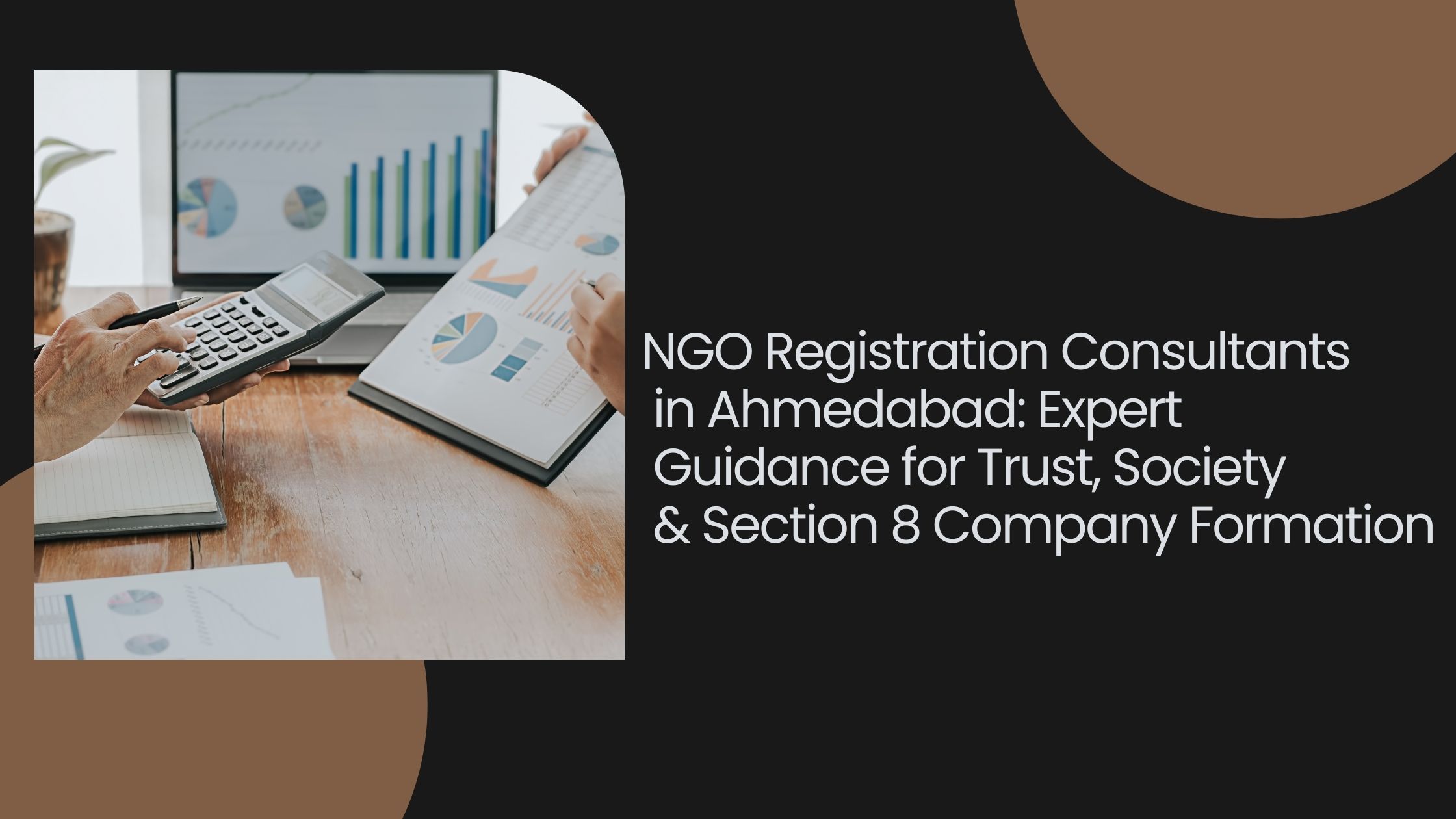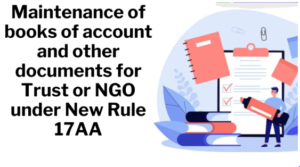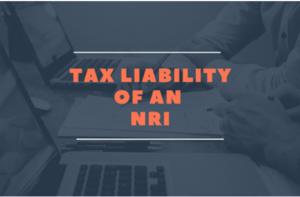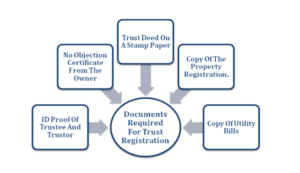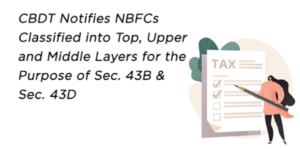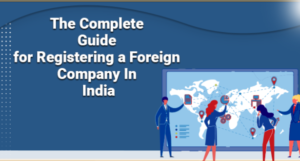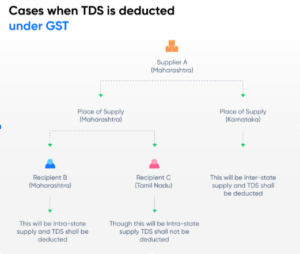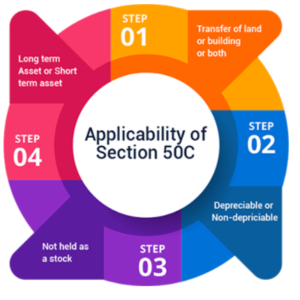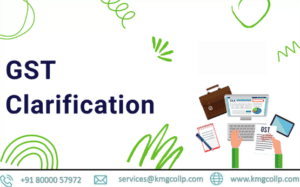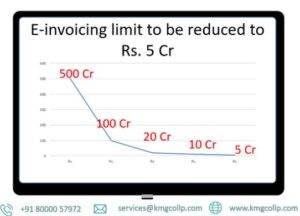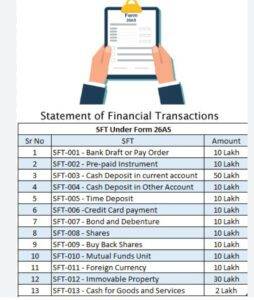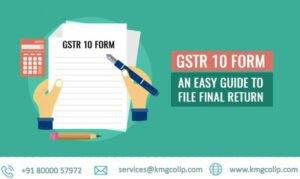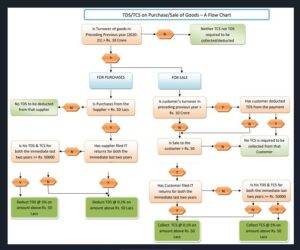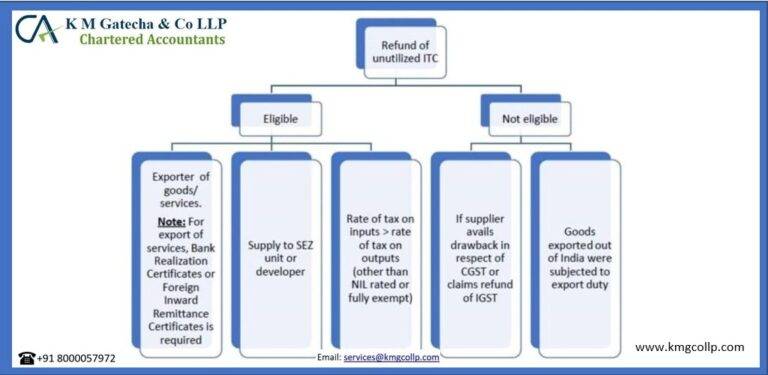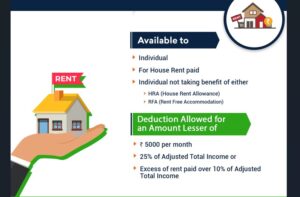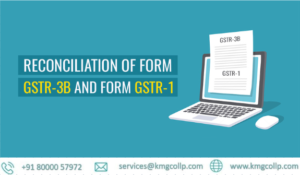NGO Registration Consultants in Ahmedabad: Expert Guidance for Trust, Society & Section 8 Company Formation
Non-Governmental Organizations (NGOs) play a crucial role in fostering social change, environmental protection, and human development. For individuals and groups passionate about creating a positive impact in society, registering an NGO is the first step toward making that vision a reality. However, the legal and procedural complexities involved in NGO registration in India—especially for Trusts, Societies, and Section 8 Companies—can often become a hurdle.
That’s where NGO registration consultants in Ahmedabad come into play. These professionals streamline the entire process, offering expert guidance, end-to-end documentation, legal compliance, and strategic advisory—all tailored to your mission and structure.
Types of NGOs You Can Register in India
There are three main types of NGOs in India. Your choice depends on your goals, area of operation, and the kind of control or governance you prefer.
1. Trust
Governed by the Indian Trusts Act, 1882.
Usually formed for charitable or religious purposes.
Requires at least two trustees.
Best for small, local charitable activities.
Easy to register and maintain.
2. Society
Regulated under the Societies Registration Act, 1860.
Suitable for cultural, educational, religious, or welfare objectives.
Requires a minimum of seven members.
Operates through a governing body and by-laws.
Must submit annual reports to the Registrar.
3. Section 8 Company
Registered under the Companies Act, 2013.
Has a formal corporate structure like a private limited company.
Profits are reinvested in the company’s social goals.
Requires at least two directors.
Ideal for large-scale NGOs, national/international operations, or FCRA registration.
Why Choose NGO Registration Consultants in Ahmedabad?
Ahmedabad, known for its vibrant social and industrial ecosystem, is home to numerous charitable institutions, CSR initiatives, and community welfare programs. Here’s why hiring a local consultant makes sense:
Local Expertise
Consultants understand the jurisdictional nuances of Gujarat’s registration departments and legal offices, ensuring a smooth process.
End-to-End Support
From choosing the right NGO structure to obtaining 12A and 80G exemptions, consultants handle everything—so you can focus on your mission.
Legal Compliance
They help you stay compliant with state and central laws, including income tax laws, FCRA regulations (if applicable), and annual filings.
Document Drafting
Professionals help prepare trust deeds, MOA (Memorandum of Association), AOA (Articles of Association), and other critical legal documents in the correct format.
Timely Approvals
With proper documentation and filing, consultants help expedite the approval and registration process with fewer errors and rejections.
Step-by-Step NGO Registration Process in Ahmedabad
Let’s break down the registration procedure based on the NGO type:
A. Trust Registration
Select Trustees
Draft a Trust Deed – includes objectives, beneficiaries, trustee powers, etc.
Get the Trust Deed Notarized
Register with the Sub-Registrar
Apply for PAN & Bank Account
Optional: Apply for 12A/80G Tax Exemptions
B. Society Registration
Minimum 7 Members
Draft MOA & Rules/By-laws
Submit to Registrar of Societies, Ahmedabad
Verify Office Address Proof
Obtain Certificate of Registration
Apply for PAN and Tax Benefits
C. Section 8 Company Registration
Obtain DSC and DIN for Directors
Apply for Name Approval (RUN)
Draft MOA & AOA
File Incorporation with MCA (SPICe+)
Receive Incorporation Certificate
Apply for PAN, TAN, and 80G/12A
Additional Compliance & Benefits After Registration
Once registered, NGOs must follow a set of ongoing compliance requirements to maintain transparency and credibility:
Filing Annual Returns
Auditing of Accounts
Renewal of 12A and 80G Certificates
FCRA Registration for foreign contributions
TDS and GST (if applicable)
Submission of Project Reports to donors or government bodies
Consultants assist with these obligations, so your NGO avoids penalties or cancellations.
How Consultants in Ahmedabad Add Strategic Value
Beyond the legalities, NGO consultants offer strategic advisory services that include:
Fundraising Strategy – Building pitch decks, grant applications, donor management systems.
CSR Partnerships – Helping NGOs collaborate with companies for CSR funds.
Capacity Building – Training NGO staff on governance, reporting, and management systems.
FCRA Advisory – Assisting with registration and compliance to receive foreign funds.
Social Impact Measurement – Establishing metrics and reporting outcomes to stakeholders.
What to Look for in an NGO Registration Consultant
When selecting a consultant in Ahmedabad, consider the following:
Experience with Trusts, Societies & Section 8
Knowledge of local legal systems and government liaisons
Transparent pricing with no hidden fees
Post-registration support (compliance, tax filing, etc.)
Client testimonials or portfolio of successfully registered NGOs
Final Thoughts
NGOs are the heart of India’s social development ecosystem. If you’re serious about launching one in Ahmedabad, taking professional help for the legal, strategic, and compliance aspects can save you time, money, and stress.
NGO registration consultants in Ahmedabad offer the experience, local know-how, and legal acumen to help you structure your entity correctly, obtain tax benefits, attract donors, and scale your impact efficiently.
Need Help?
FAQs
1. What is the best NGO structure for me?
It depends on your scale and scope. Trusts are simpler, Societies offer collective governance, while Section 8 companies offer high credibility and compliance.
2. Can I register an NGO as an individual?
Yes, you can register a Trust with at least two trustees or a Section 8 company with two directors. Society registration requires a minimum of seven members.
3. What is the time taken for NGO registration in Ahmedabad?
- Trust: 7–10 days
- Society: 20–30 days
- Section 8 Company: 15–25 days
Delays may occur due to incomplete documents or approval timelines.
4. Do NGOs pay taxes in India?
Registered NGOs can apply for 12A (income tax exemption) and 80G (donor tax benefit) to legally avoid income tax liability on donations received.
5. Can NGOs receive foreign funding?
Yes, but only after registering under the Foreign Contribution Regulation Act (FCRA). Consultants help with FCRA registration and compliance. For anu queries, contact KMG CO LLP!
6. What documents are needed for NGO registration?
- PAN & Aadhaar of members/trustees
- Office address proof
- MOA, AOA or Trust Deed
- Passport-size photos
- Identity & address proof of founding members
7. Do I need a physical office address for NGO registration?
Yes, a registered address is required for all types of NGOs. You’ll need to provide a utility bill or rent agreement as proof.
Table of Contents
Toggle
